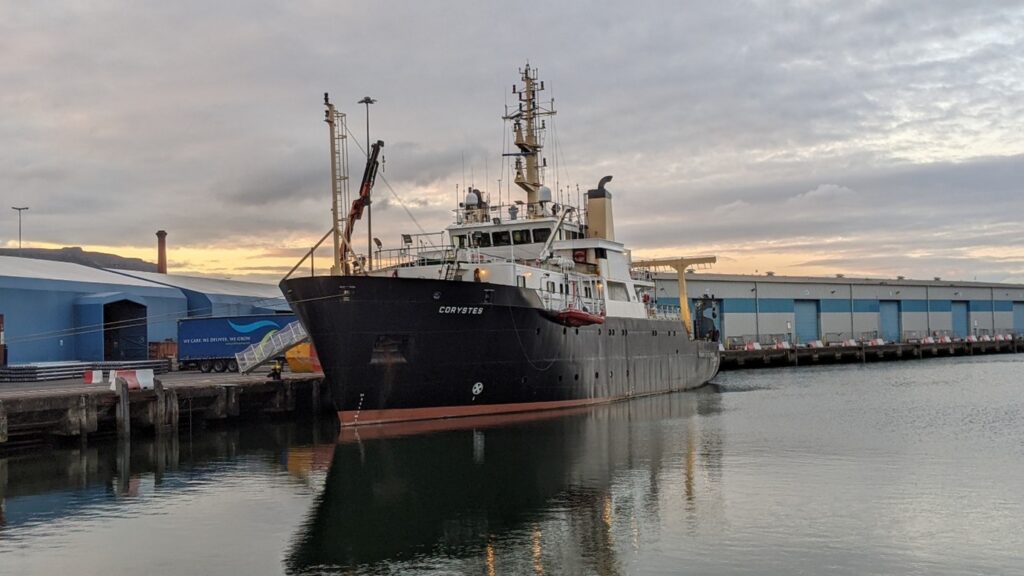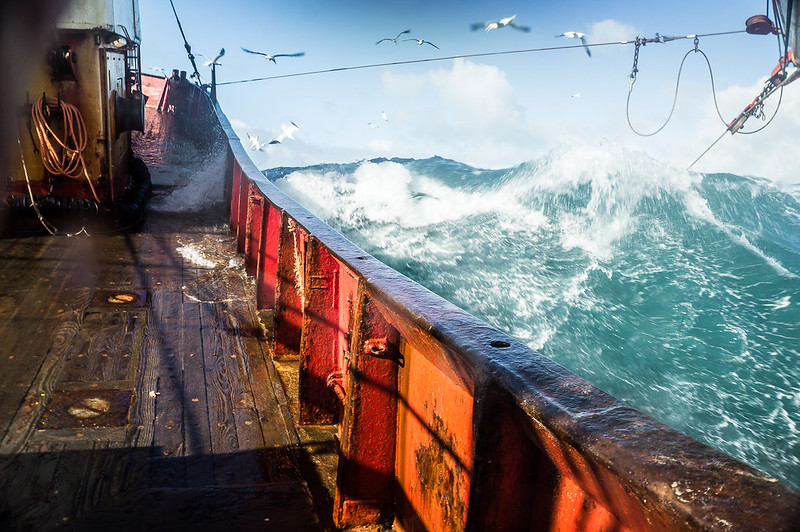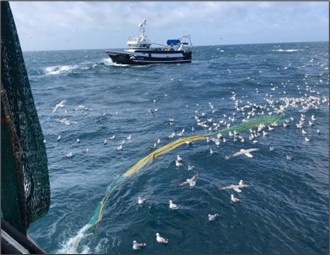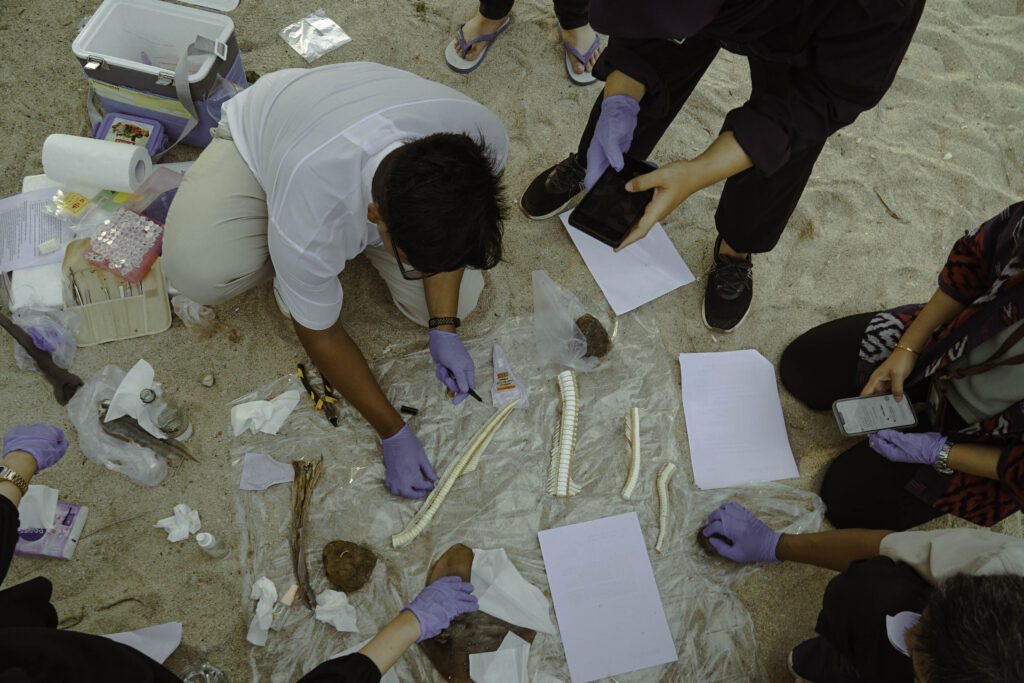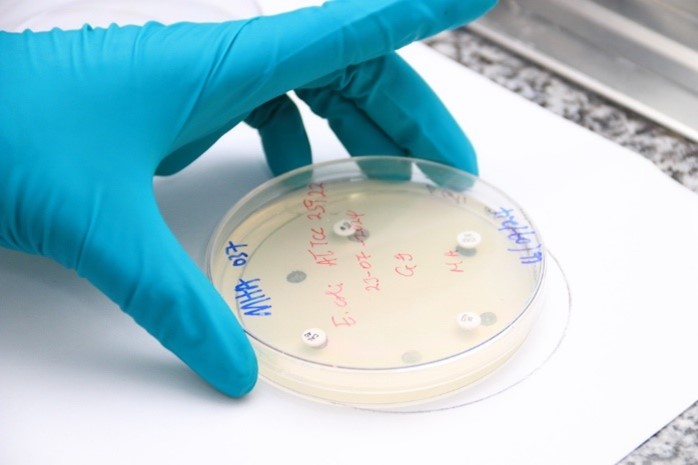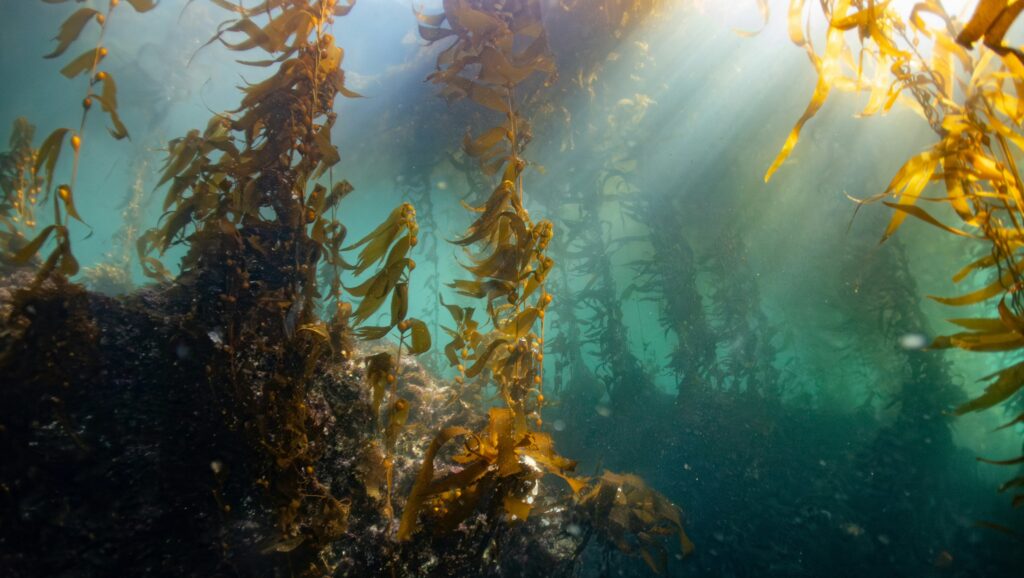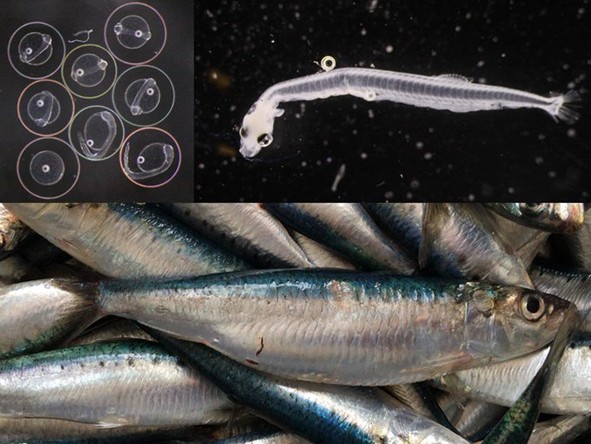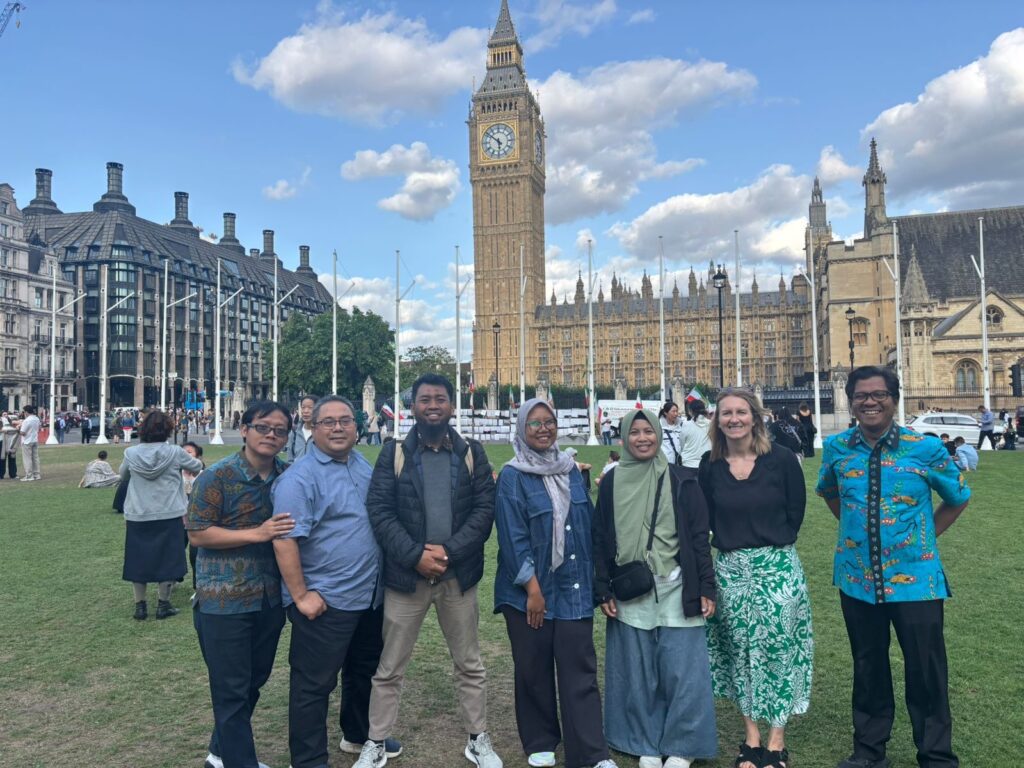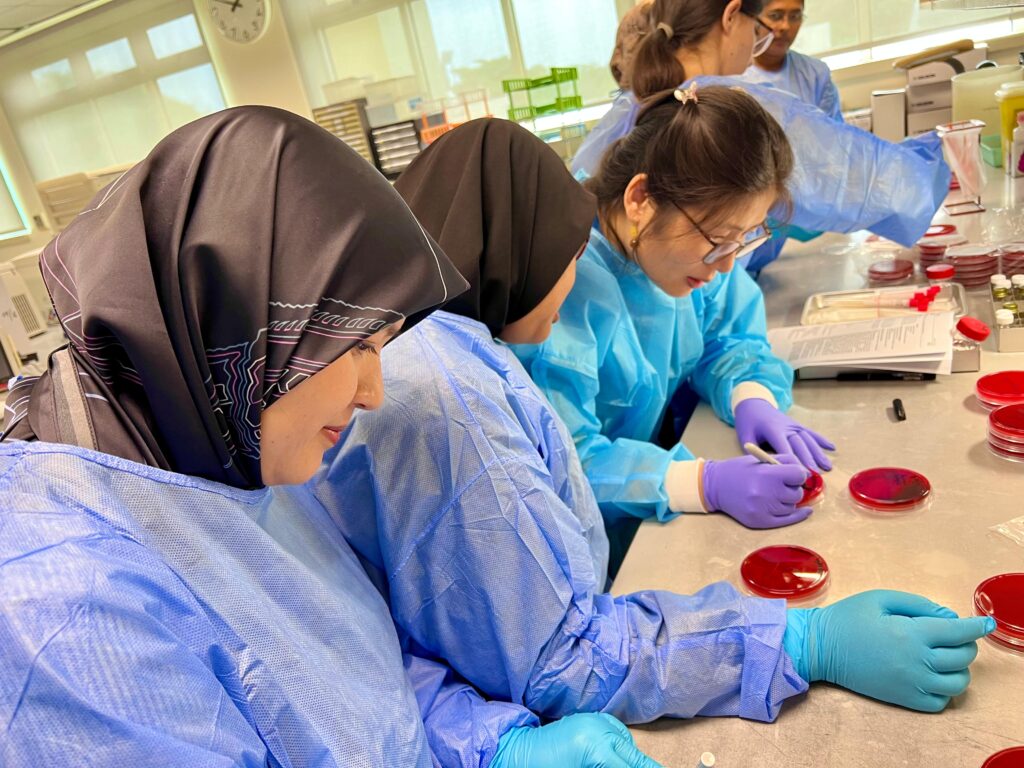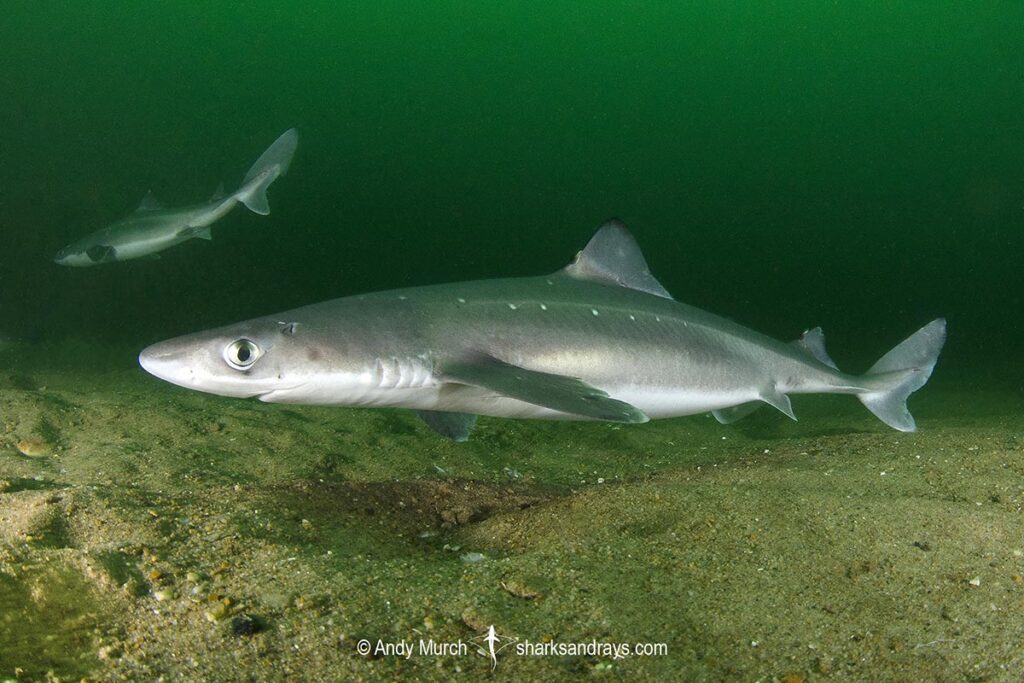Collaborative underwater TV surveys of Nephrops in the Irish Sea
Collaborative underwater TV surveys of Nephrops in the Irish Sea
Nephrops (Nephrops norvegicus), more commonly called langoustines, Dublin Bay prawns or just prawns, are a commercially important shellfish species, with numerous fisheries around Great Britain and Ireland. The fisheries represent an economic value of £114 million (UK Sea Fisheries Statistics …
